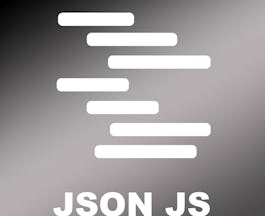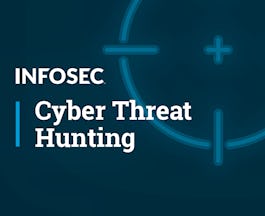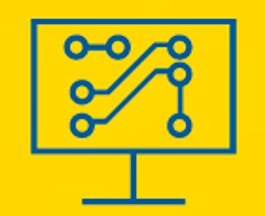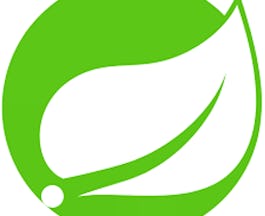Filter by
The language used throughout the course, in both instruction and assessments.
1,014 results for "mean stack"

Coursera Project Network
Skills you'll gain: Javascript, Cloud Computing

Skills you'll gain: DevOps, Software Engineering, Cloud Computing, Computer Programming, Application Development, Software Architecture, Cloud Applications, Continuous Delivery, Continuous Integration, Python Programming, Software Engineering Tools, Software Testing, Agile Software Development, Security Engineering, Cloud Infrastructure, Kubernetes, Programming Principles, Cloud-Based Integration, Microarchitecture, Cloud Platforms, Communication, IBM Cloud, Scrum (Software Development), Software Security, Web Development Tools, Cloud Storage, Docker (Software), Linux, Software-Defined Networking, User Experience Design, Collaboration, Leadership and Management, Data Analysis, Mergers & Acquisitions
 Status: Free
Status: FreeInfosec
Skills you'll gain: Cyberattacks, Linux

Skills you'll gain: Business Intelligence, Data Analysis, Data Management, Data Model, Data Visualization, Extract, Transform, Load, Leadership and Management, Strategy, Tableau Software

Skills you'll gain: Python Programming, Computer Programming, Computer Science

LearnQuest
Skills you'll gain: Web Development, Computer Programming, Java Programming, Software Framework, Software Architecture, Software Engineering, Application Development, Back-End Web Development, Other Web Frameworks, Programming Principles, Cloud Computing, Cloud Load Balancing, Full-Stack Web Development, Web Development Tools

Rice University
Skills you'll gain: Finance, Investment Management, Financial Analysis, Leadership and Management, Risk Management, Behavioral Economics, Probability & Statistics, Market Analysis, Mathematics, Statistical Tests, Business Psychology, Correlation And Dependence, Mathematical Theory & Analysis

Skills you'll gain: Cloud Computing

Vanderbilt University
Skills you'll gain: Creativity, Problem Solving, Writing

Skills you'll gain: Software Engineering, Application Development, Software Architecture, Computer Programming, Python Programming, Software Engineering Tools, Cloud Applications, DevOps, Security Engineering, Cloud Computing, Programming Principles, Cloud Infrastructure, Cloud-Based Integration, Microarchitecture, Agile Software Development, Communication, IBM Cloud, Kubernetes, Software Security, Web Development Tools, Software Testing, Docker (Software), Linux, Software-Defined Networking, User Experience Design, Web Development, Collaboration, Leadership and Management, Data Analysis, Django (Web Framework), Mergers & Acquisitions, SQL

Skills you'll gain: Digital Marketing, Marketing, Search Engine Optimization, Marketing Management, Advertising, Media Strategy & Planning, Persona Research, Web Design, Web Development, Web Development Tools

Johns Hopkins University
In summary, here are 10 of our most popular mean stack courses
- Learn About JSON with JavaScript: Coursera Project Network
- IBM DevOps and Software Engineering: IBM
- Cyber Threat Hunting: Infosec
- Google Business Intelligence: Google
- Programming in Python: A Hands-on Introduction: Codio
- Spring Framework: LearnQuest
- Investment and Portfolio Management: Rice University
- Introduction to Model-Based Systems Engineering: Siemens
- Prompt Engineering for ChatGPT: Vanderbilt University
- IBM Back-End Development: IBM










